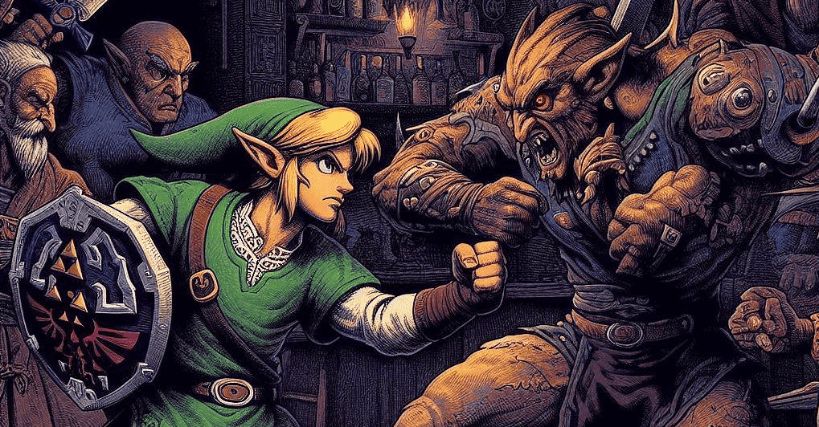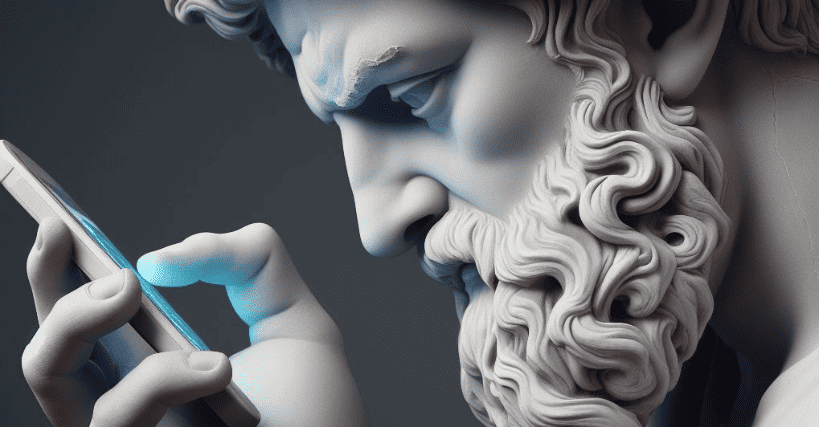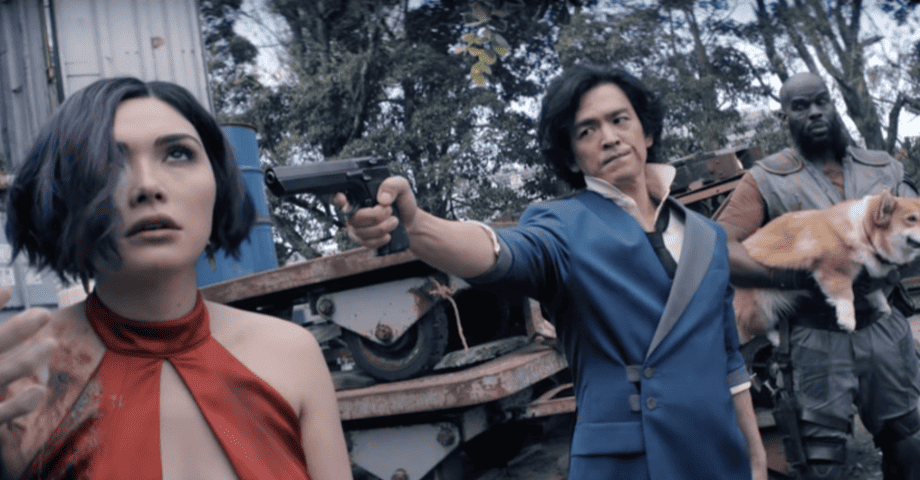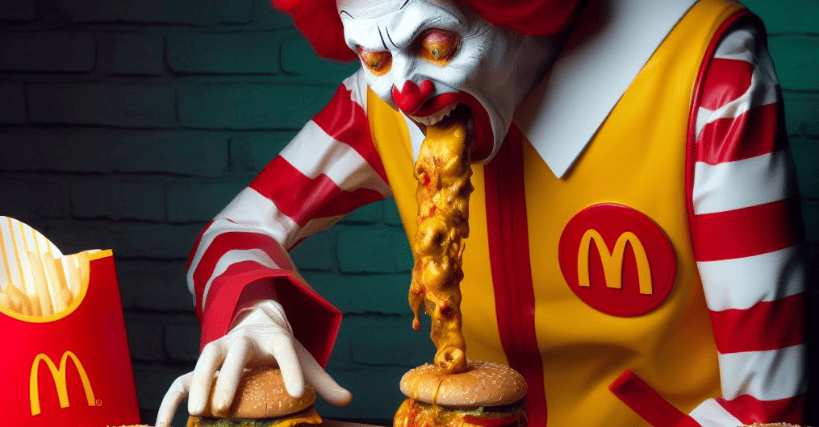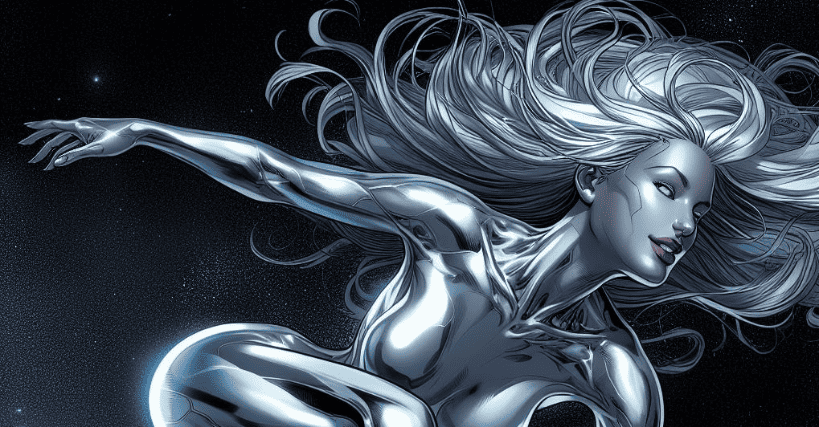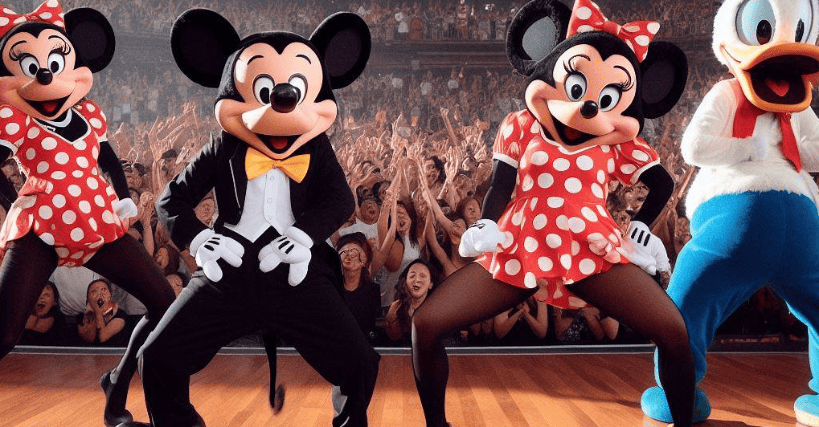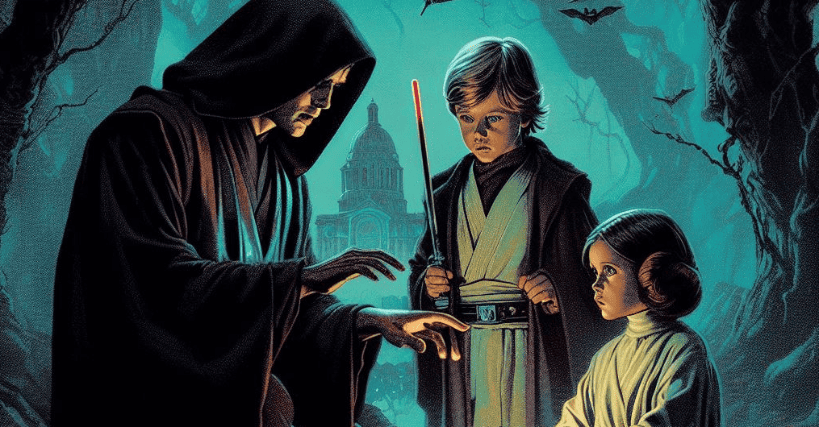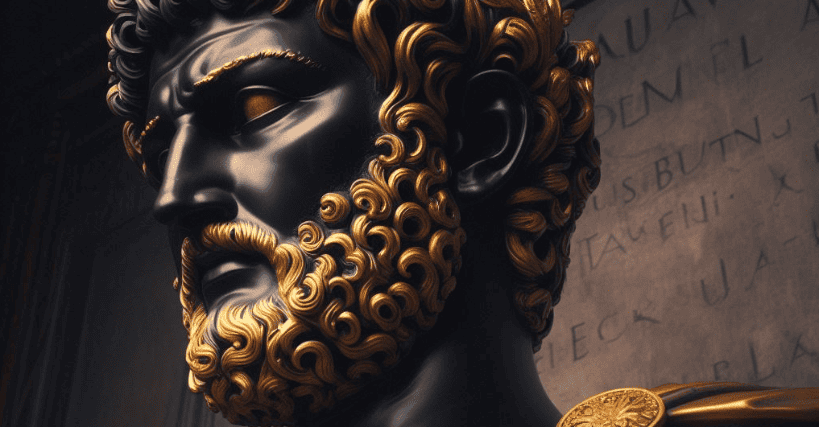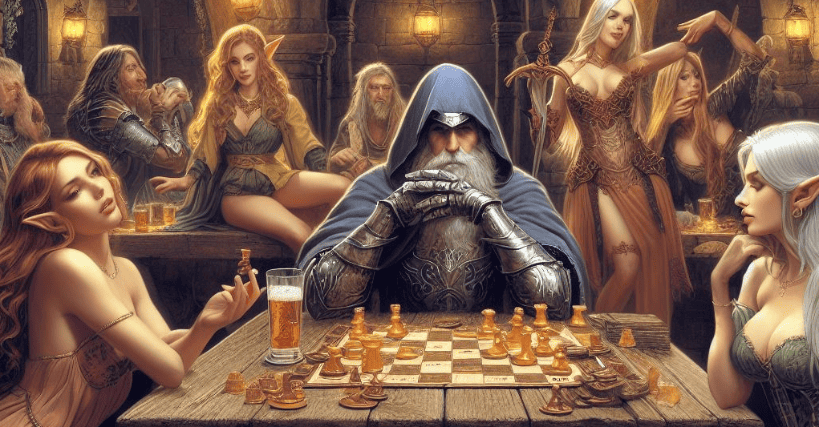
How Dune Swooped In and Made Me Rethink My Galactic Allegiance: A Journey of Philosophy and Universe Building
A long time ago, in a cineplex not too far away, I was a devout Star Wars acolyte, immersed in a galaxy far, far away. I had lightsabers decorating my room, a collection of action figures that rivaled the Cantina scene, and a special place in my heart for the epic space opera created by George Lucas. It was all lightsabers, the Force, and droids with quirky personalities – until, that is, Frank Herbert’s Dune arrived, a colossal sandworm of a tale that gulped down my loyalty to Star Wars like a hungry Sarlacc.
So, gather ’round, fellow nerf herders, as I recount the grand cosmic tale of how the philosophy and universe building of Dune seduced me away from the lightsabers and Ewoks, and why, in the process, Disney’s handling of Star Wars began to resemble the baffling antics of a Gungan trying to navigate a starship.
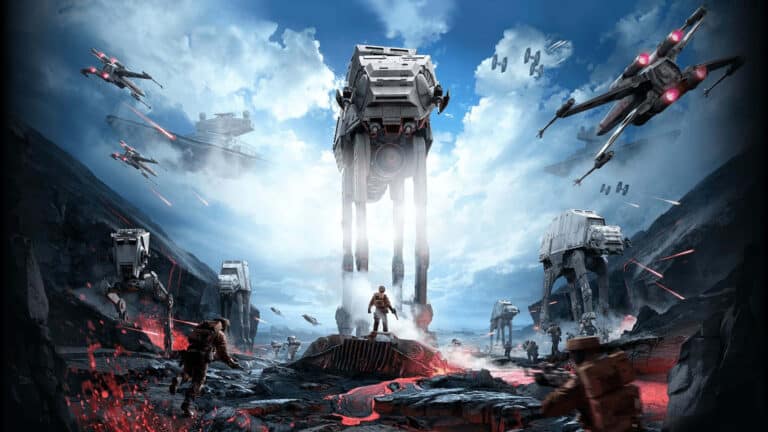
A Universe So Immersive It Feels Real:
Star Wars, with its iconic planets like Tatooine and Hoth, was the stuff of dreams for many of us. But when you step into Herbert’s universe, you realize that a galaxy isn’t just a stage for adventure; it’s a character in its own right. Arrakis, the desert planet at the heart of Dune, isn’t merely a backdrop for action; it’s an essential component of the narrative, where politics, religion, and ecological intricacies weave a tapestry that is both mesmerizing and oppressive.
Philosophy for the Intellectually Hungry:
Star Wars is fun, no doubt, but it never pretended to be a philosophy seminar. Dune, on the other hand, serves up a complex feast of ideologies, power struggles, and ethical dilemmas. The spice melange, essential to the story, is a striking allegory for humanity’s relentless pursuit of power and resources, echoing real-world struggles that resonate deeply with readers. It’s like going from sipping blue milk to savoring the finest melange.
Characters That Challenge the Status Quo:
In the Star Wars galaxy, we’re used to archetypal heroes and villains – the charming rogue, the wise old mentor, the chosen one, and the evil emperor. Dune, on the other hand, introduces us to a cast of characters who are flawed, complex, and morally ambiguous. Paul Atreides isn’t just the hero, he’s a character forged by a harsh desert and his own choices. The villains are more than just mustache-twirling evildoers; they’re individuals with intricate motivations. It’s akin to trading in a lightsaber for a crysknife.
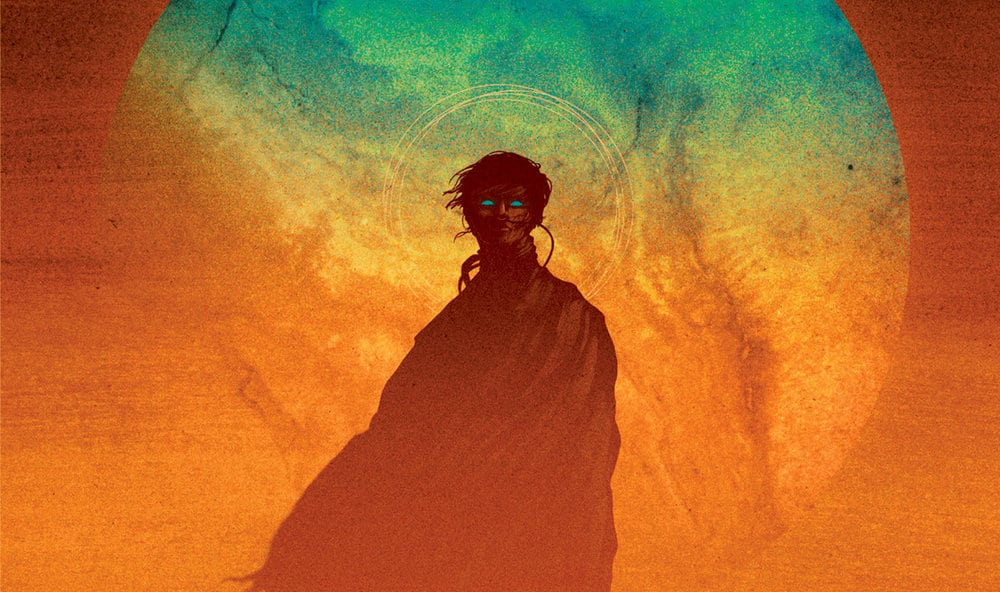
Disney’s Death Star-Sized Missteps:
And then came Disney. They swooped in like the Empire, acquired Star Wars, and, quite frankly, the results have been mixed at best. The sequel trilogy left many fans feeling more lost than a stormtrooper in a blizzard on Hoth. Iconic characters were relegated to caricatures, and gaping plot holes were more common than Ewoks on the forest moon of Endor.
It’s almost as if they decided to replace lightsabers with plastic toy swords and the Millennium Falcon with a cardboard box painted to look like a spaceship.
The Empire Strikes Back (but Not in a Good Way):
Don’t get me wrong; the original Star Wars trilogy will always hold a special place in our hearts. And the extended universe offers some genuinely brilliant storytelling. But Dune has proven that there’s more to the science fiction genre than a galaxy of Jedi and Sith. It’s like discovering an entirely new universe you never knew existed.
So, to all you Star Wars fans who haven’t yet taken a sip of the melange, I implore you to venture beyond your comfort zone. Hang up those Jedi robes for a stillsuit, and embark on a journey into the sands of Arrakis. You may just find that there’s more to a universe than what Disney has to offer.
In conclusion, Dune has not just converted me; it has elevated my appreciation for science fiction with its immersive universe, philosophical depth, and multifaceted characters. It’s time to swap your lightsaber for a crysknife and join the ranks of the Fremen. May the sandworms be with you!

